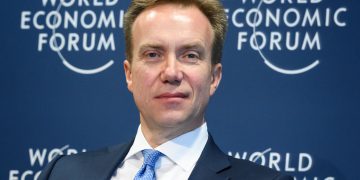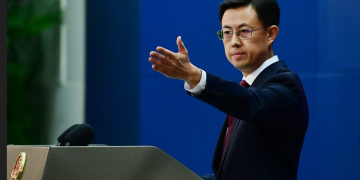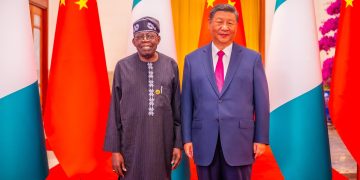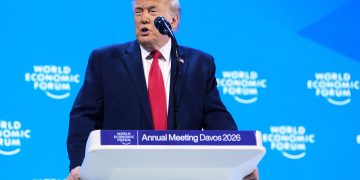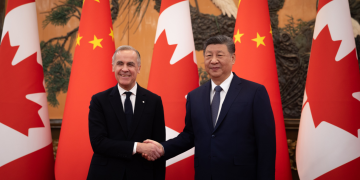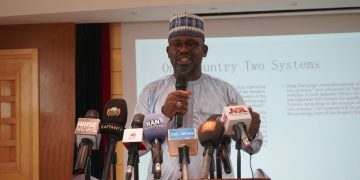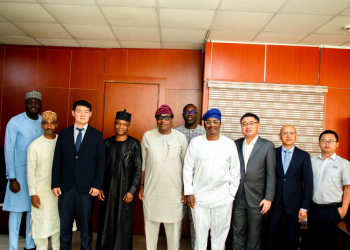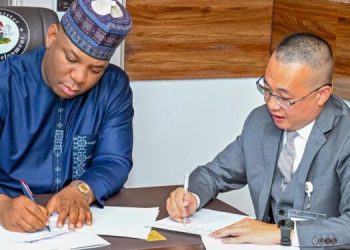The precarious state of Nigeria’s public finance has been widely acknowledged both locally and by multilateral financial institutions such as the World Bank and the International Monetary Fund (IMF).
Even the government itself appears concerned about the current sorry state of affairs in relation to its fiscal sustainability status.
As things stand presently, the country is racing to the bottom and if things don’t change quickly, the economic manifestations of a failed state will start becoming very obvious. It is on record that President Muhammadu Buhari came into office with the promise to arrest the drift in the reckless management of public resources.
Truly he met a bad situation in 2015 but to the dismay of many, he has made things terribly worse. The state of corruption is worse, public debt management is worse and overall fiscal sustainability is worse. This is in addition to the worsening state of insecurity across the country.
Recent reports indicate that Nigeria’s total revenue currently falls short of the debt service obligations. This is taking place even before the prediction of the IMF that this would happen in 2026. What a way to run an economy aground! At this rate of deterioration in the country’s economic circumstances, the chorus in the next few years for Nigeria will be “Welcome to Venezuela.”
Venezuela is a country that has the largest oil reserve yet is in a serious economic state with massive impoverishment widely spread. The situation with Nigeria can be better appreciated when the revenue flows in the past 20 years are compared with its growing level of indebtedness over the period.
Available data indicate that Nigeria has borrowed as much as N225 trillion in the past 20 years, from 2001, a figure nearly double the N114 trillion it has earned over the same period. This is applicable to the three tiers of government – the federal, 36 states and the 774 local governments.
Though the Federal Government and the rich oil-producing states of Akwa Ibom, Rivers, Delta and Bayelsa are the key beneficiaries of these earnings over the period, their financial standing is not necessarily the best in relation to that of the other states and the local government areas.
Incidentally, Nigeria has had this recurring challenge of poor management of its oil resources and the manifestation of the “Dutch disease” where oil revenue becomes a disincentive to production in other sectors, which is very obvious.
This mismanagement has been largely aggravated under the Muhammadu Buhari administration. Though the Buhari administration has been crying repeatedly about not having enough revenue to run its budgets, it only had obvious shortfalls in revenue earnings in the early day of his administration but has had bumper inflows of up to N8 trillion earnings in a single year, in 2018, second only to the N8.5 trillion earned under Goodluck Jonathan in 2013.
The spate of hunt or desperation for more revenue in any administration since independence cannot be compared with that of the Buhari administration were a series of taxes and unbridled borrowings were introduced or re-introduced into the country’s fiscal lexicon. The Buhari administration designed more debt instruments – Sukuk bonds. Green bonds. Savings bonds and all these have added to the country’s debt portfolio.
The traditional debt instruments of Federal Government bonds, treasury bills, treasury bonds and promissory notes are still in use. With all these, domestic debts constitute over 60 per cent of the total debt portfolio of the entire three tiers of government.
Domestic debts have in actual fact grown from about N1 trillion in 2019 to over N19 trillion in 2021. Currently, Nigeria is in a dire economic strait and it seems only a miracle can salvage it from the impending doom.
The frequent resort to borrowing by the Buhari administration needs to be arrested. It has been a face-saving strategy to divert public attention from its gross mismanagement of the country’s fiscal circumstances.
The government has repeatedly shied away from the call by various stakeholders for it to drastically cut the cost of governance. Even though the executive and the legislative arms of government have acknowledged the need to address this monster in the management of the country’s resources, it has fallen short of taking appropriate actions in this regard. Government bureaucracy has remained bogus. It has been business as usual while the country is going up in flames in its economic circumstances.
The lack of adequate attention to cutting down on the cost of governance is the reason why frequent strikes by labour unions such as the Academic Staff Union of Universities (ASUU), among others, persist.
Wasteful spending across the various layers of government, if averted would have made funds available to address the needs of these unions. There is the need to focus primarily on the core issue of cutting down on the cost of governance. That is the way out. That should be one of the core competencies of any incoming President. Maintaining a “business as usual” approach by any incoming administration would finally put a nail to the coffin of an already depressed economy.
The spate of unbridled increase in the country’s public sector indebtedness has to be arrested. The issue of the subsidy on petroleum products, which also helps to jerk up the level of debts, has to be addressed. A lot of things such as refining petroleum products locally and ensuring that the non-oil sector revenue sources are stimulated would need to be addressed also. Nigeria does not deserve to be in the situation where Venezuela currently is. A stitch in time saves nine.


